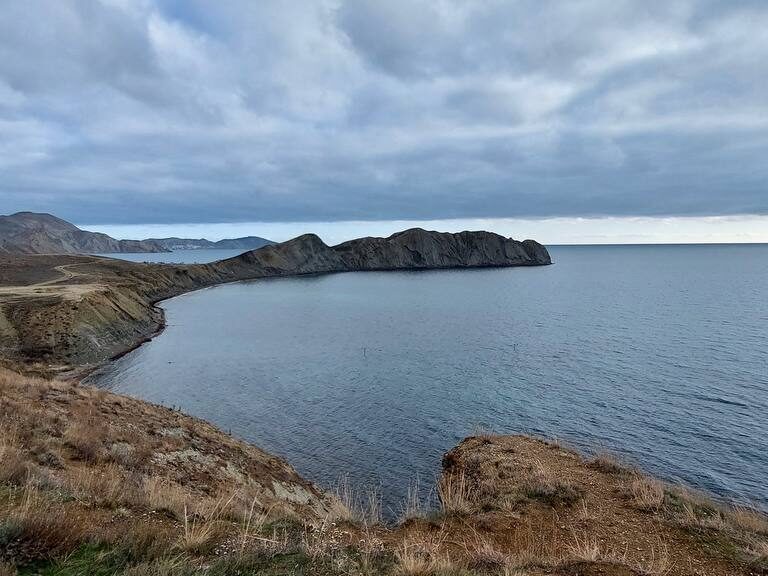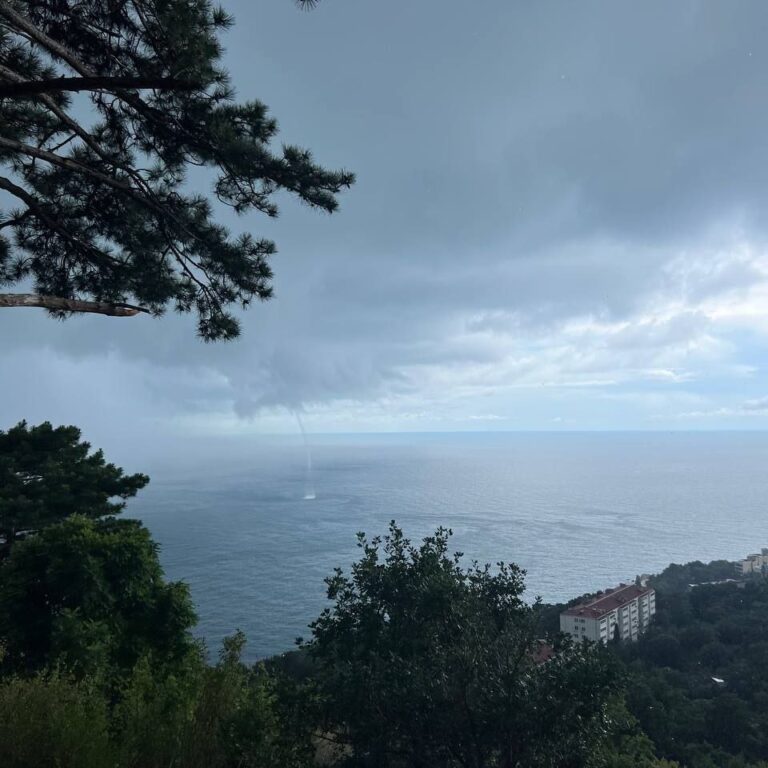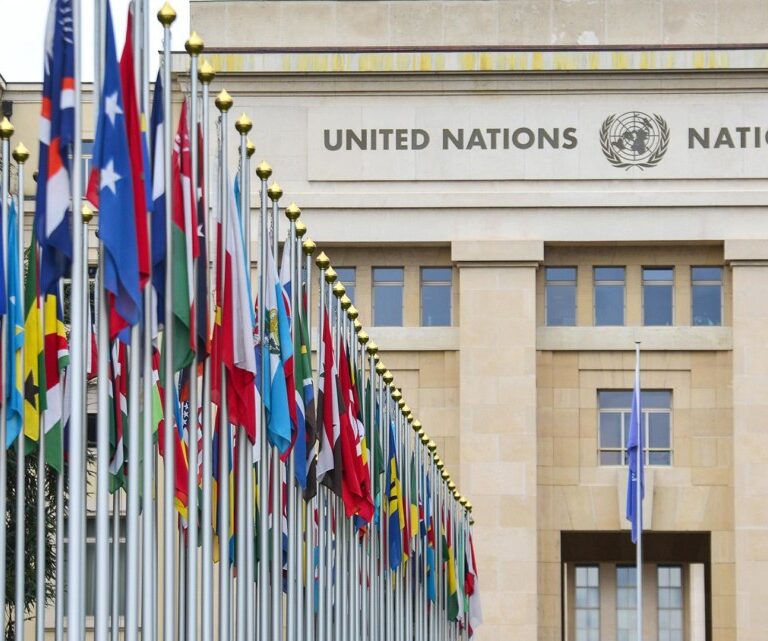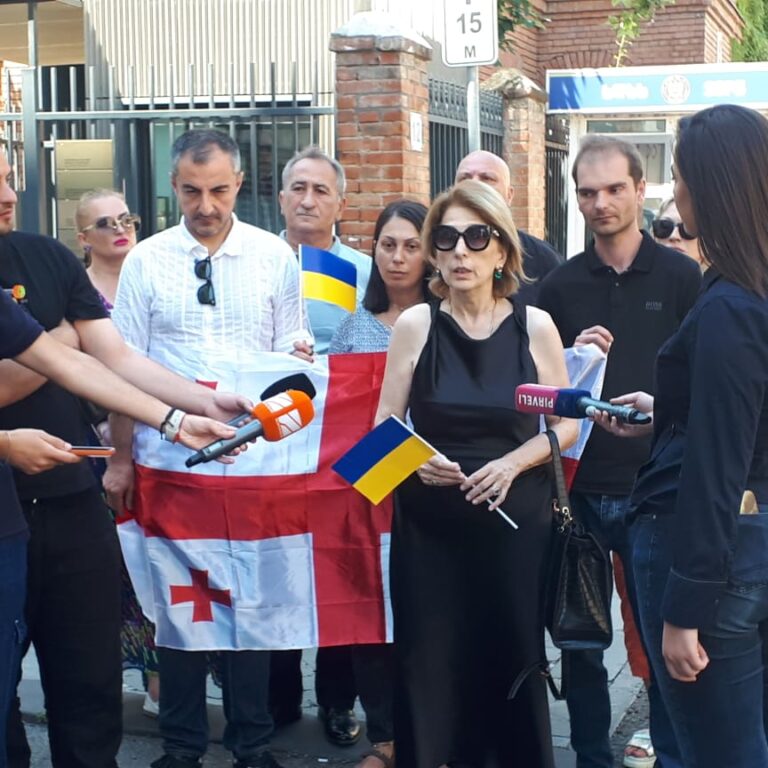On November 21, the European Court of Human Rights (ECtHR) published a communication in nine cases conditionally combined under the name “Refat Midatovich AMETOV against Russia and Ukraine” [1]. In general, these cases include the abduction and killing of a number of Ukrainian citizens.
The majority of the complainants, according to the published communication, are Crimean Tatars. The preliminary examination of the case has been concluded with the publication of the communication by the European Court. Typically, this first assessment takes several years, and in much part of cases, the claim is deemed inadmissible.
If the European Court of Human Rights has published a communication, the application has been ruled acceptable. The Court’s practice also demonstrates that a very high probability exists that a violation of the Convention on the Protection of Human Rights and Fundamental Freedoms will be established in the case and that the offending state will be required to pay compensation if the claim is deemed admissible.
The procedure of evaluating the merits of the case is also not immediate, especially in such complex cases, but it is typically far shorter than the preliminary investigation. But why are these cases important – our Association’s expert Oleksiy Plotnikov, PhD in international judiciary tried to establish.
In the context of this case, nine claims filed by relatives of Ukrainian citizens who were allegedly murdered or abducted in Crimea during the Russian occupation were consolidated. Reshat Ametov was one the occupation’s first victims. During a peaceful protest on March 3, 2014, he was allegedly seized by members of the criminal so-called “Crimean self-defense”. On March 14, his body with signs of horrific torture was discovered. The culprits were identified by the Ukrainian inquiry and placed on the international wanted list. The guilty persons were never “identified” by the Russian invaders’ “investigation”.
The second application was filed by the widow of Stanislav Karachevsky, a Ukrainian officer who was killed by Russian soldiers on April 6, 2014, in a dormitory in Novofedorivka. The murderer was first arrested by the Russian occupiers, but the reaction was nothing more but a “fine”, which the perpetrator never paid.
The third lawsuit was filed by the son of Vedzhiye Kashka, an 83-year-old Crimean Tatar activist, was arrested by invaders’ punishers on allegedly “suspicion of having committed the offence of extortion” on 23 November 2017. Immediately after her detntion she suffered a cardiac arrest and the invaders stopped a passing ambulance. The applicant alleges that, while the paramedics were treating his mother in the ambulance the invaders’ punishers prevented the paramedics from taking her to the hospital and demands made by the applicant against the invaders for causing her death were rejected by the fake occupying “authorities”.
The remaining applications were filed by relatives of Timur Shaymardanov, Islyam Dzhepparov, Dzhevdet Islyamov, Ervin Ibragimov, Arlen Terekhov, Ruslan Ganiyev, Mukhtar Arislanov and Seyran Zinedinov, all Crimean Tatars, disappeared between 2014 and 2016, which were probably abducted between 2014 and 2016 by the occupiers’ punishers or by persons connected with them. The fake invaders’ “investigation” predictably “did not produce results”, allegedly because “the criminals cannot be identified, or because they are not on the territory of Crimea.” Ukraine conducted an investigation into these cases, but it could not be completed due to lack of access to the crime scene.
All of these claims allege a violation of Article 2 of the Convention (right to life), as well as violations of other Articles, such as Article 13 (access to an effective remedy) and Article 14 (freedom from discrimination). The cases concern both substantive and procedural compliance with the right to life, as it is alleged that the invaders’ structures are responsible for the arbitrary deprivation of life of the relatives of the applicants.
It is evident from publicly available materials that relatives of the applicants perished as a result of the activities of the occupying “structures” of Russian government. To demonstrate a violation by the Russian state, it is not as significant whether the state acted directly through its representatives or through those who acted under the direction or tacit approval of the state, as the criminal so-called “self-defense of Crimea”.
However, the question arises as to whether the European Court of Human Rights will be able to hear the case against Russia, make a decision, and enforce it, if the aggressor state is expelled from the Council of Europe in March 2022 [2] and if, on September 16, 2022, Russia ceased to be a party to the European Convention on Human Rights, and thus stopped recognizing the jurisdiction of the ECtHR [3]. This question is crucial not only for this case, but for thousands of other Crimean cases as well.
The Court remains competent to consider applications filed against the Russian Federation in connection with actions or omissions that may constitute a violation of the Convention, if they occurred before September 16, 2022, according to the ECtHR’s resolution of March 22, 2022, regarding the effects of Russia’s termination of membership in the Council of Europe [4].
As a result, the Strasbourg Court considers itself to have jurisdiction over the Ametov case, any proceedings that are related to it, as well as any other claims made against Russia for violations that occurred before to September 16, 2022. The Russian Federation itself disagrees, which is other issue.
The ECtHR judgments that were adopted after March 15, 2022, were recognized as allegedly “being unenforceable” by “special statute No. 183-FZ”, which was passed by the parliament of the aggressor state on June 11, 2022.
In general, Russian was never a champion of adherence to the rulings of international tribunals. In 2015, the Russian “constitutional court” issued a ruling stating that the Russian constitution’s rules allegedly take precedence over the ECtHR’s judgment in the case of a conflict. In these situations, Russian declines to put “disputed” ECtHR rulings into effect.
According to a well-established international rule, no state may invoke the provisions of its internal law as justification for its failure to perform a treaty. So from the point of view of international law, such Russia’s approach is completely wrong.
Russia’s acceptance or rejection of the decision is not relevant to the ECtHR’s determination of a violation, but it is relevant to the cessation of the violation and the payment of damages to the victims. At this point, it appears that the de-occupation of Crimea and its return to Ukrainian full control are the only practical ways to end Russian violations there. But is it conceivable to compel the offended state to pay material damages against its will?
In general, the state is required to willingly implement the European Court’s ruling. According to Article 46 of the European Convention [5], in the event of non-compliance, the Committee of Ministers of the Council of Europe may decide on sanctions against the infringing state, up to and including removal from the Council of Europe. So it is worth to determine what to do about the offending state, which has already been kicked out of the Council of Europe and against which all forms of political pressure have failed.
Council of Europe itself lacks the proper mechanism yet. For instance, the Council of Europe cannot merely seize and sell Russian property located in Europe to raise money for restitution payments. The professional community considers a variety of potential outcomes, including opinion that both politics and law tools, should be used to make this decision. Although a political solution to the ECtHR system of this kind is not yet in sight, reparations that can be obtained from the Russian Federation for damages inflicted to Ukraine, its citizens, and other legal entities in general may include compensation under the Strasbourg judgments, as ARC wrote before.
Also, the option of collecting these funds by the national courts’ decisions of the Council of Europe countries from the property of Russia, being under their control, is not ruled out, with an additional national claim by the applicants that got the ECtHR’s decision.
Also there is an important issue – why did the claimants ask the Court to rule against both Ukraine. This is the outcome of Ukraine is and continuing to be the only lawful sovereign of the Crimea. The state’s rights over the territory are not diminished by its occupation by any way, however, rights cannot exist without obligations. In general, even if it has temporarily lost control of some of its territory, Ukraine is required to take efforts to ensure that human rights are upheld there.
The ECHR has already examined a similar situation. In “Ilaşcu and Others v. Moldova and Russia”, the European Court stated: “where a Contracting State is prevented from exercising its authority over the whole of its territory by a constraining de facto situation, such as obtains when a separatist regime is set up, whether or not this is accompanied by military occupation by another State, it does not thereby cease to have jurisdiction”.
State must use all available diplomatic and legal tools, involving foreign states and international organizations, while continuing to guarantee the rights and freedoms provided for by the Convention, the Court added [6].
In that case, the Strasbourg court determined that Moldova had not exhausted all efforts to free the applicants, whose lives were in imminent danger as a result of a death sentence handed down by Russian authorities on occupied Moldovan territory through a puppet government. Undoubtedly, Russia, which aggressively infringed the rights of the applicants, bore the lion’s share of guilt, but Moldova’s refusal to take all required actions also contributed to its responsibility.
The findings in the Ilaşcu case do not mean that the ECtHR will necessarily find a violation on the part of Ukraine in the Ametov case. In any case, the practice of the European Court in Ukraine is well-known and was taken into consideration, including during the investigation of the “Crimean” cases. At the very least, it is known that Ukraine started criminal investigations into all homicides and disappearances of its nationals in Crimea, identified suspects, and declared them internationally wanted.
Now, the ECtHR must assess the efficacy of these measures and, hopefully, determine that Ukraine did everything possible to comply with its positive obligations in this case.
Following the expulsion of Russia from the Council of Europe, the future of all cases brought against this country before the European Court discussed. Regarding the cases against Russia, the Court theoretically had at least four options: to continue considering them, to consider just selected situations, to freeze the consideration of all such cases, or to strike them out from the list of cases whose consideration was no longer merited.
The communication in the Ametov case and connected cases demonstrates unequivocally that the Court did not freeze or refuse to hear cases against Russia. This raises hope that other Crimean cases will be considered in light of Ukraine’s allegations against the Russian Federation.
Obviously, the communication of these cases to the Russian Federation is formal. Evidently, the aggressor state’s authorities will not work with the Council of Europe, especially in a case where a verdict will once again demonstrate the terrorist nature of the Russian regime.
This can expedite the review of the case because the lack of Russian Federation representatives means the absence of procedural irregularities, which Russian lawyers often employed to postpone the consideration of cases against Russia.
Thus, the duration of consideration of case described is solely dependent on the high court and Ukraine’s respective norms of procedure. The first step towards restoring justice for the victims will be for the European judicial system to acknowledge the violation. The following step should be to obtain compensation from the offending country. The ruling of the European Court of Human Rights in this instance, and hopefully in future Crimean cases, can constitute a compelling argument in the construction of the reparations mechanism that should be collected from the occupier.
- https://hudoc.echr.coe.int/eng#{%22itemid%22:[%22001-221299%22]}
- https://www.coe.int/en/web/portal/-/the-russian-federation-is-excluded-from-the-council-of-europe
- https://www.coe.int/en/web/portal/-/russia-ceases-to-be-party-to-the-european-convention-on-human-rights
- https://echr.coe.int/Documents/Resolution_ECHR_cessation_membership_Russia_CoE_ENG.pdf
- https://www.echr.coe.int/documents/convention_rus.pdf
- https://hudoc.echr.coe.int/fre#{%22itemid%22:[%22001-61886%22]}







